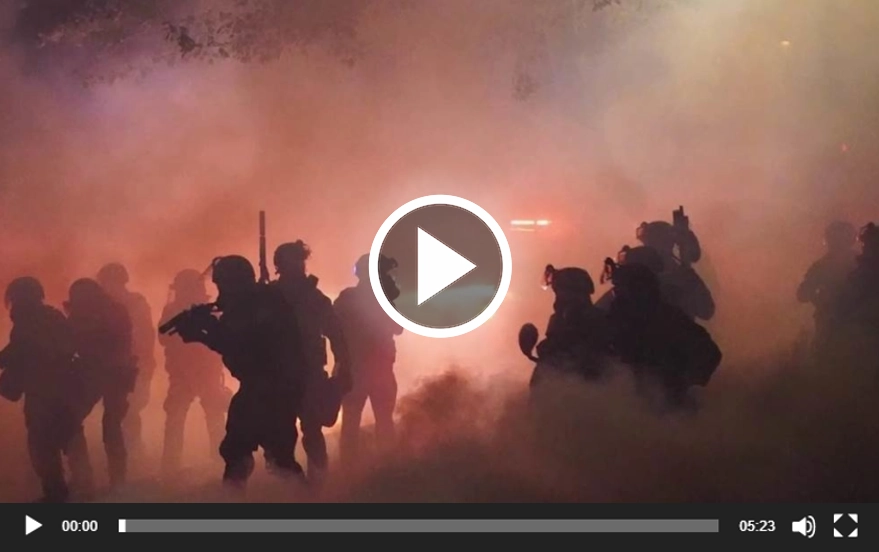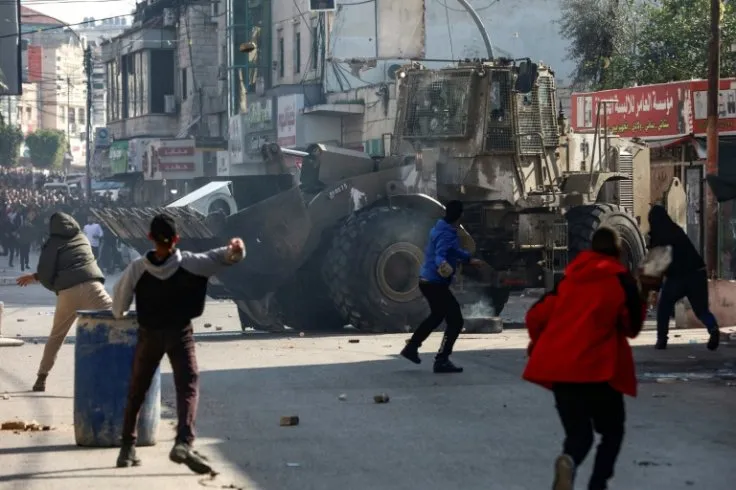In the raw, dust-ridden atmosphere of the Jenin refugee camp, a disquieting similarity crawls up the spine. Picture the anguish in Gaza after tumultuous wars with Israel, and you will catch a glimpse of the tragedy unfolding in the occupied West Bank. A palpable sense of descending into something dangerous, something far beyond our understanding, has already set the stage. Yet, no one seems to be paying attention.
In the recent narrative of unrest, the camp bore the brunt of the Israeli army’s largest assault in two decades. An alarming spectacle, a scene right out of a dystopian fiction. Hundreds of troops, uninvited guests of chaos, barged into the camp on a Monday that will long be remembered with bitterness. With airstrikes not seen in the West Bank for twenty years, missiles rained down from drones, tearing up roads and decimating all that lay in their path.
Amidst the smoke and debris, fierce gun battles emerged between the troops and Palestinian militants, a relentless contest that didn’t cease until the Israeli troops pulled back on Tuesday night. Only then, under the first shroud of safety since Sunday, did thousands of residents venture into the streets, witnessing the theater of destruction.
The populace, stunned and overwhelmed, surveyed the rubble, capturing images of the wreckage and sharing stories of loss. Amid the crushed cars and the torn tarmac, they spoke of homes raided, sons detained, and where the dead fell. The scene was eerily reminiscent of the aftermath of earthquakes in Turkey and Syria earlier this year.
However, amidst the horror and disbelief, a glimmer of humanity persisted. Aid volunteers waded through the rubble, bringing crates of bottled water to homes bereft of water or power. Recovery workers rallied, driving the few available diggers through the debris-strewn streets, silently challenging the fateful narrative.
Despite the calm that followed, fear still seeped through the cracks. With Israel pledging to carry out operations “as long as necessary to uproot terrorism,” and Palestinian militant groups claiming “victory” and promising retaliation, an ominous shadow looms.
Navigating through the camp, one cannot ignore the funeral processions. Thousands of mourners chanting, carrying the bodies of some of the 12 Palestinians killed since that fateful Monday, their anger seething beneath the surface. Four of the deceased were children, their dreams brutally extinguished, caught in the crossfire of a conflict they were too young to understand.
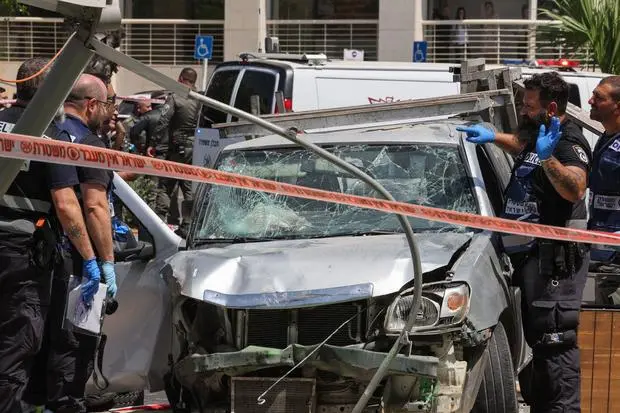
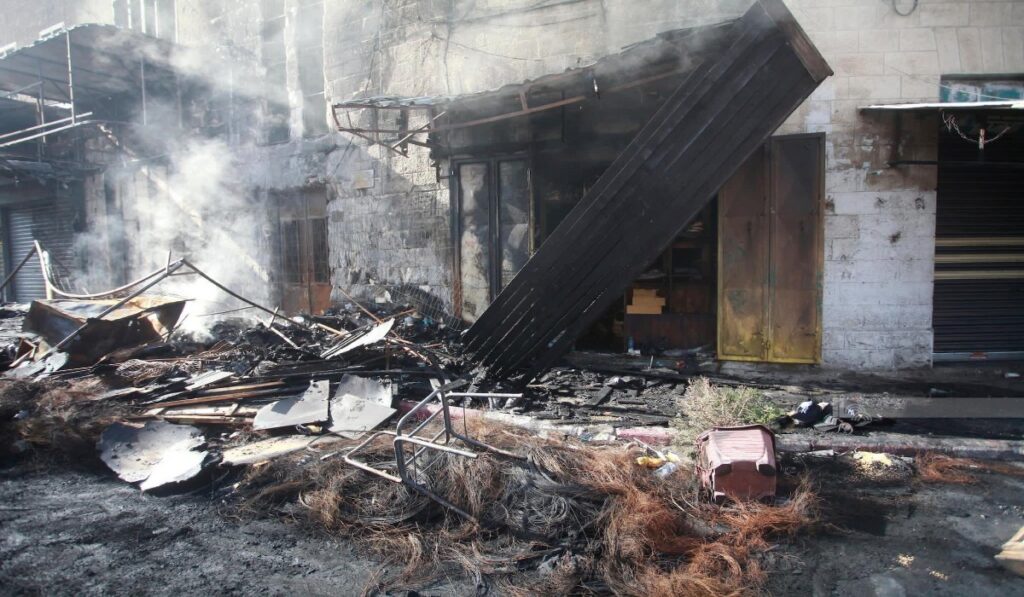
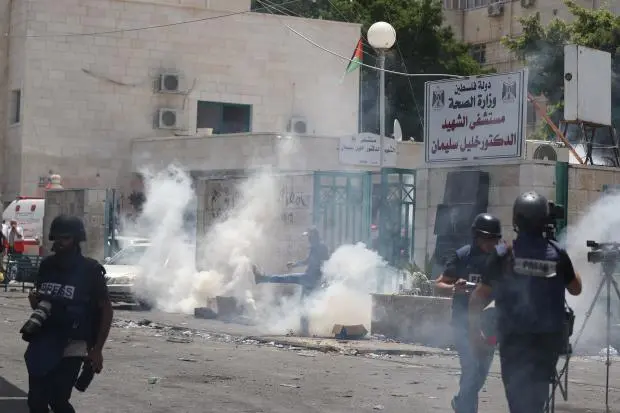

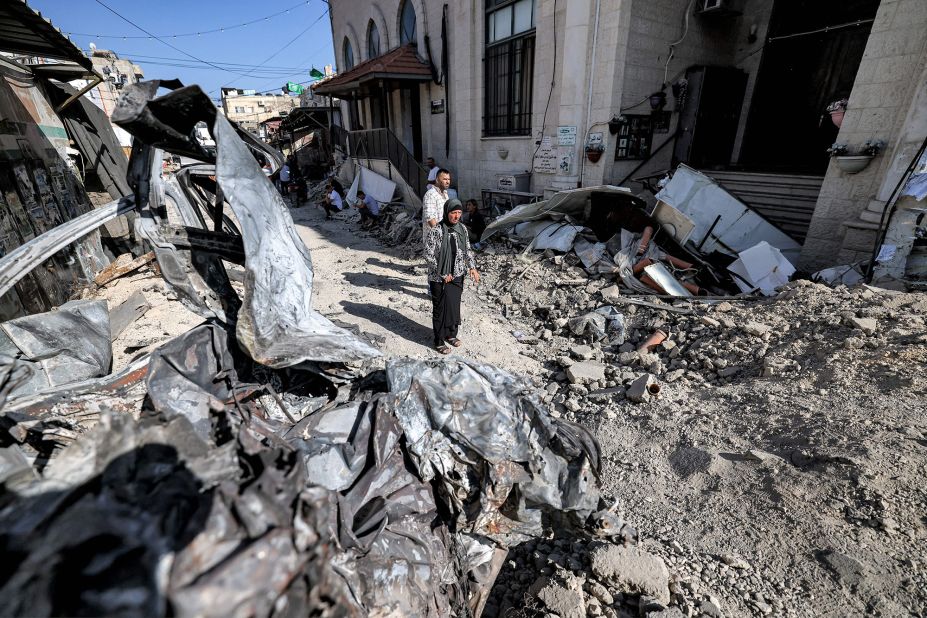
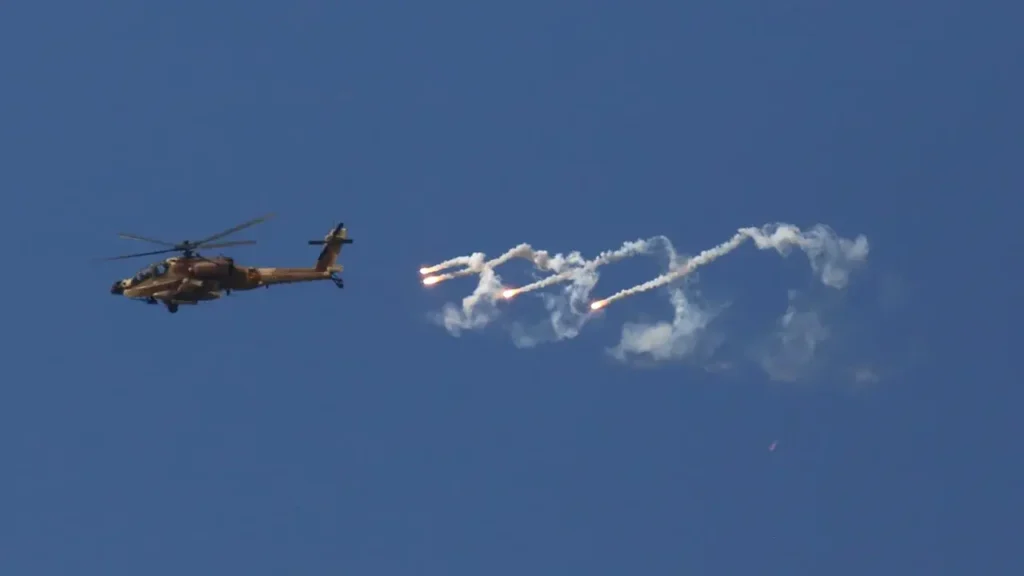
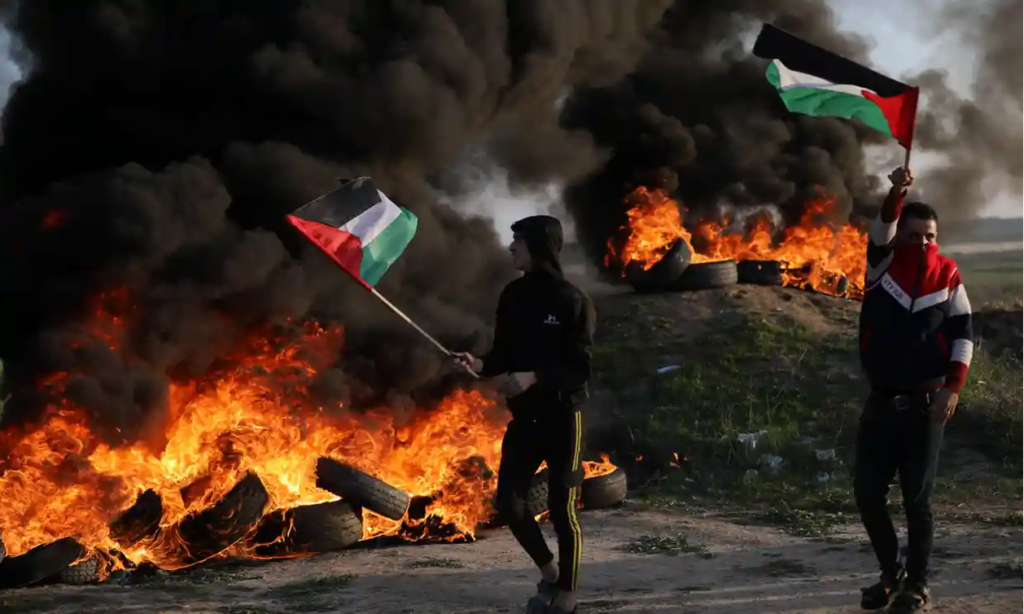
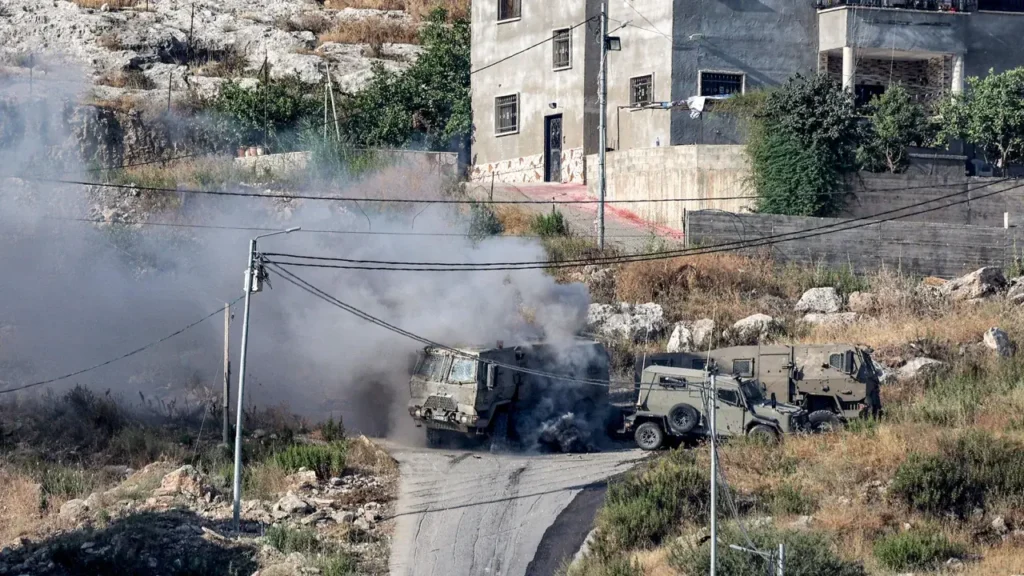
Frustration is the new normal here. A new generation of armed militants has risen, rejecting the Palestinian Authority (PA) they believe sold out their future. Jenin has become a simmering pot of resentment, frustration, and loss. Now, the remnants of a three-decade-old peace process are being pushed to the brink of destruction.
While Israel pledges to root out what it labels “a city of refuge for terrorism,” the Palestinian militant factions vow to intensify their activities. The chilling car-ramming and stabbing attack in Tel Aviv that left seven Israelis wounded was dubbed by Islamic Jihad as the “first response” to the crisis in Jenin.
Amidst this spiralling chaos, some fear that Palestinian cities in the West Bank may face intensified military attacks and security crackdowns. The similarity with Gaza, governed by Hamas and blockaded by Israel, is growing more prominent. It’s a tinderbox situation, a lightning rod for further violence, fuelled by a growing rejection of the internationally recognised leadership and backing of armed resistance among the Palestinian populace.
As Israel remains gripped by the most extreme government in its history, vowing to extend what it calls exclusive Jewish rights to all the land, the horizon looks darker.
The situation screams for attention, for intervention, for a solution.
As the drama unfolds in the West Bank, we must not remain mere spectators, oblivious to the real human cost of this devastating conflict.
